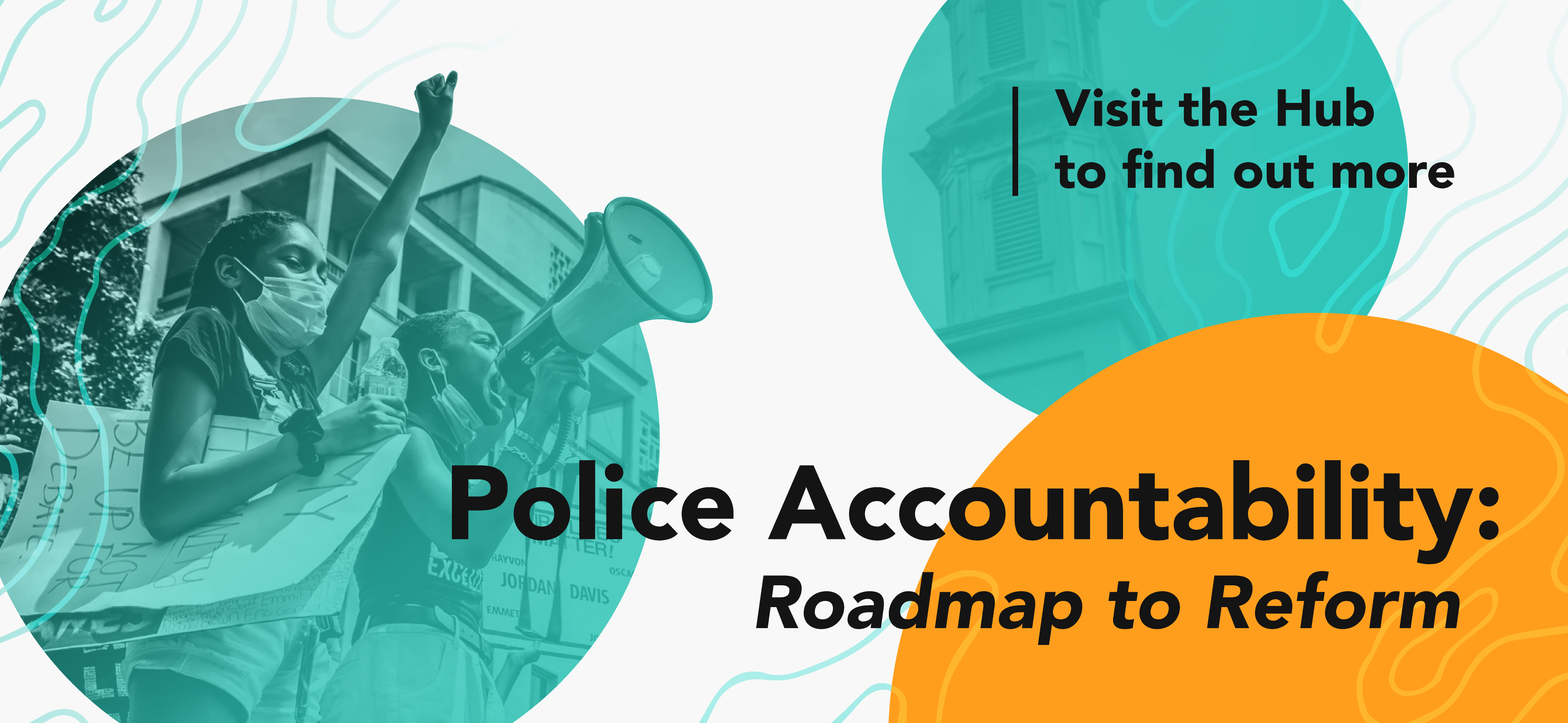
Mapping The Money
The project will survey and track policing budgets in targeted areas around the nation. The results will frame how police budgets interplay with other community-focused policy priorities and aid communities on their journey to better engage with and potentially reimagine what public safety looks like. Local advocates and decision-makers will have a new set of tools to inform local, state, and regional budget investments, all with a racial equity lens.
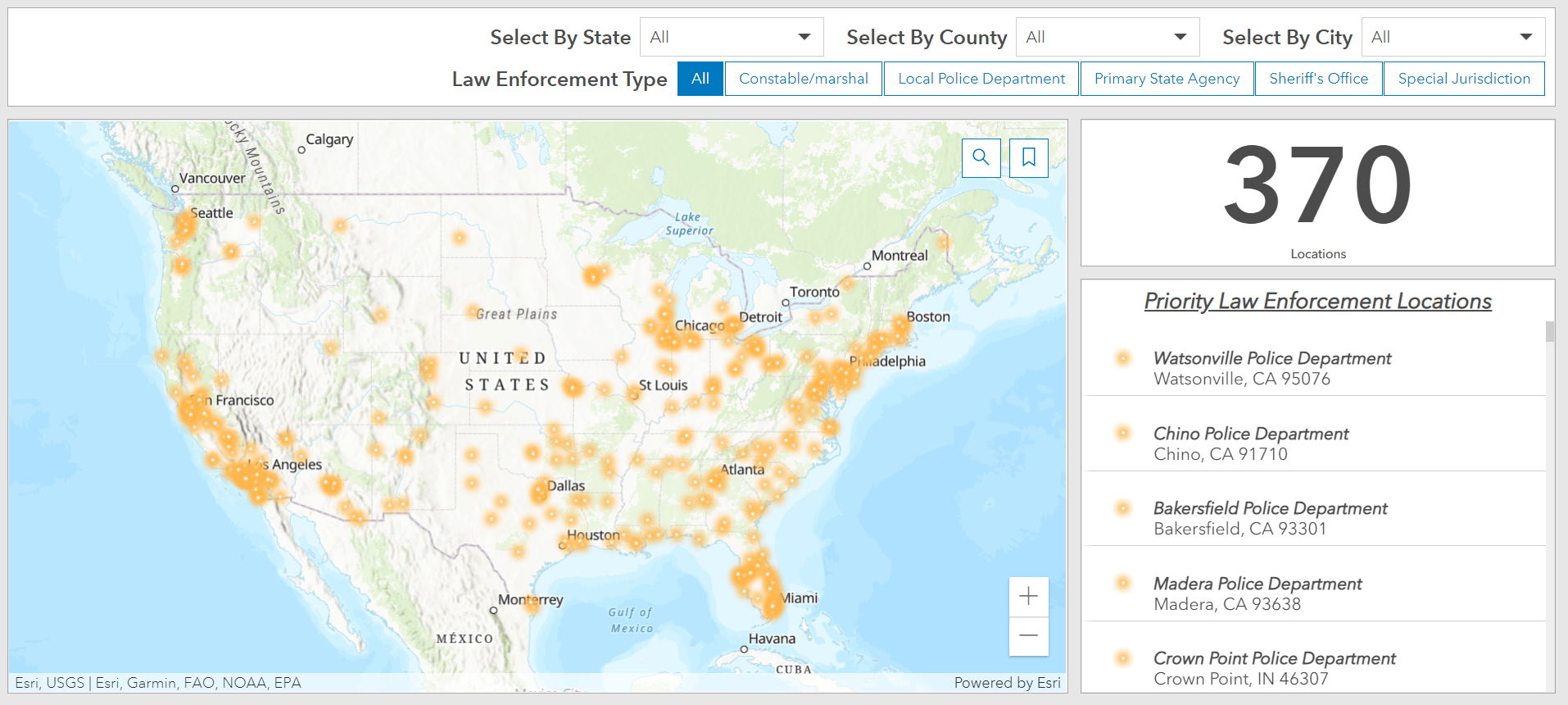
The Moment – Why This Matters Now
It has been traumatic for our nation, our communities, and our families to face the racialized impacts of COVID-19 and the horrendous extra-judicial killings we witnessed at the hands of police. In the wake of these killings, the country saw civil uprisings and protests from coast to coast, marking an inspiring sea change for race and police relations last year.
The local law enforcement budgets we obtain will create transparency and help communities win accountability and justice...This initiative will highlight whether local budgets are aligned with local values. Communities across the country are demanding investments in what our people need and a shift in resources toward services that will make us truly free and safe; we hope this will help get us closer to that ideal.
“Many Native people live outside of tribal lands, with many of those residing in urban areas. This new initiative to better understand the size and focus of police budgets will be immensely helpful in crafting public policy that fosters safe and just communities where all Americans — including the First Americans — are treated equally."
Understanding the landscape of local police budgets is the first step to building accountability and transparency – the foundations upon which our justice system and law enforcement bodies must be built. Working in coalition and using the power of technology, this new initiative seeks to lay the groundwork for meaningful and sustainable solutions to protect communities of color and keep them safe.
The past year provided tremendous challenges on all fronts. Confronting these challenges requires a deeper understanding and analysis of the issues at play to create tangible solutions. This new initiative to track policing budgets is a significant first step to building a country that equitably meets its people's needs.
Learn More & Get Involved
Watch the Press Conference
Watch the recording of this special press briefing where leaders from the Racial Equity Anchor Institutions and Esri’s Racial Equity Initiative unveiled the national survey, premiered the web hub for the project, and explained why this project is critical in advancing racial justice and reforming public safety for the greater good.
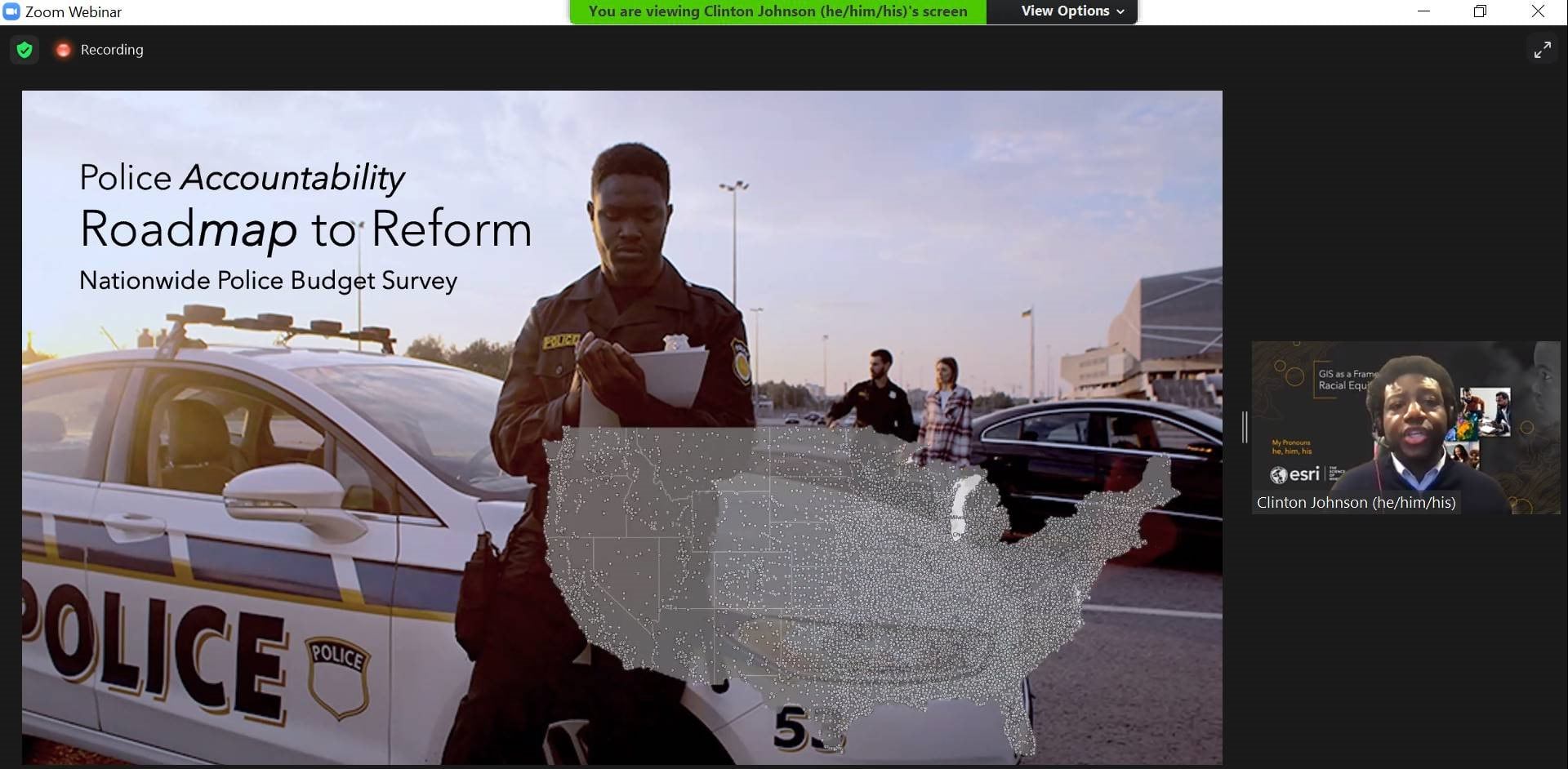
Visit the Online Interactive ArcGIS Hub Site
Visit the Police Accountability – Roadmap to Reform ArcGIS Hub Site where community members and law enforcement agencies can learn more about the project, see if their local jurisdiction is being surveyed, find a link to the survey, and explore other relevant resources.
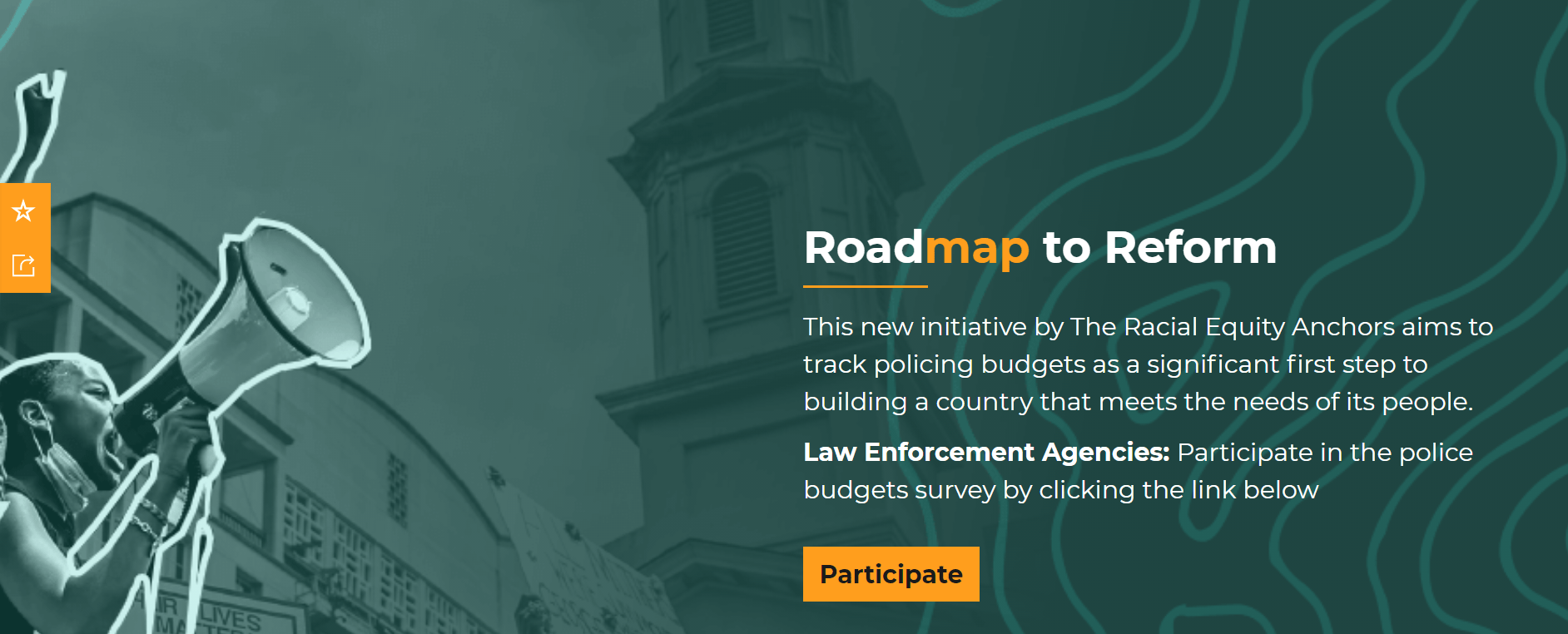
Other Resources
ArcGIS for Racial Equity – Overview
Esri Racial Equity GIS Resource Hub
ArcGIS for Police Transparency Solution
Learn ArcGIS: Examine Racial Inequities in Unsolved Homicides
GIS – Visualizing Racial Inequities
Sharing Black Perspectives on the Racial Implications of Place
About the Racial Equity Anchor Institutions
The Advancement Project National Office, Asian & Pacific Islander Health Forum, Demos, Faith in Action, National Congress of American Indians (NCAI), National Association for the Advancement of Colored People (NAACP), National Urban League, Race Forward, and UnidosUS are a collaborative of nine leading national racial equity anchor organizations supported by the W.K. Kellogg Foundation.
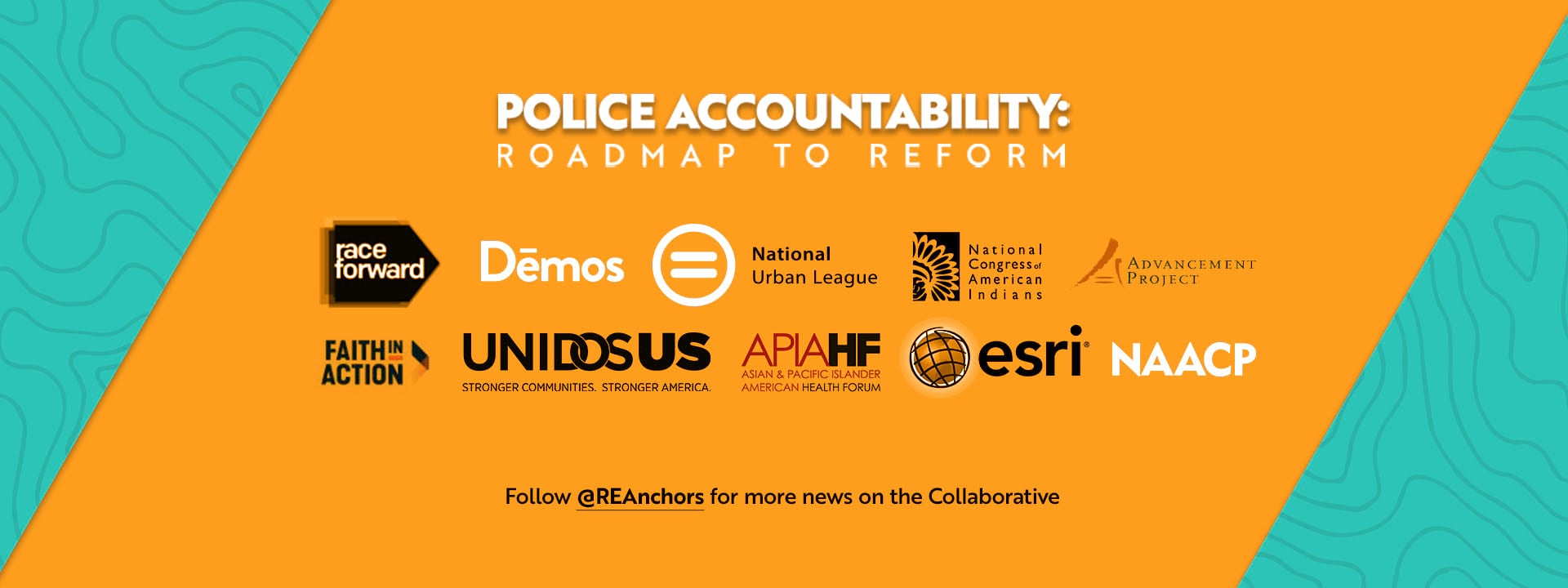

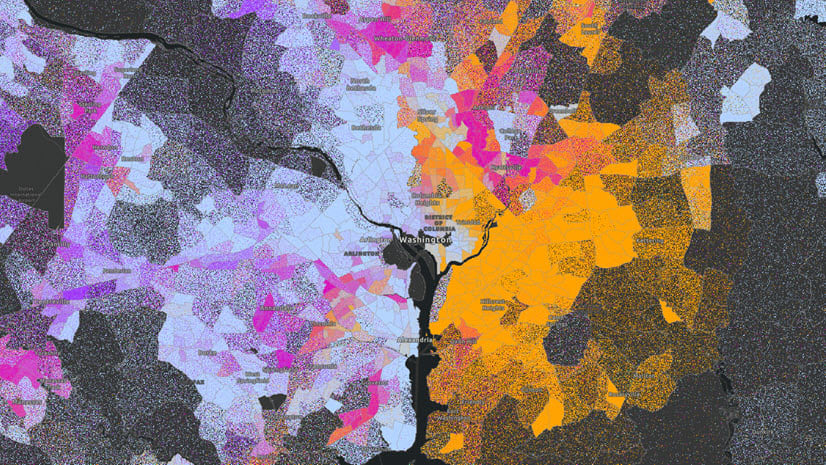
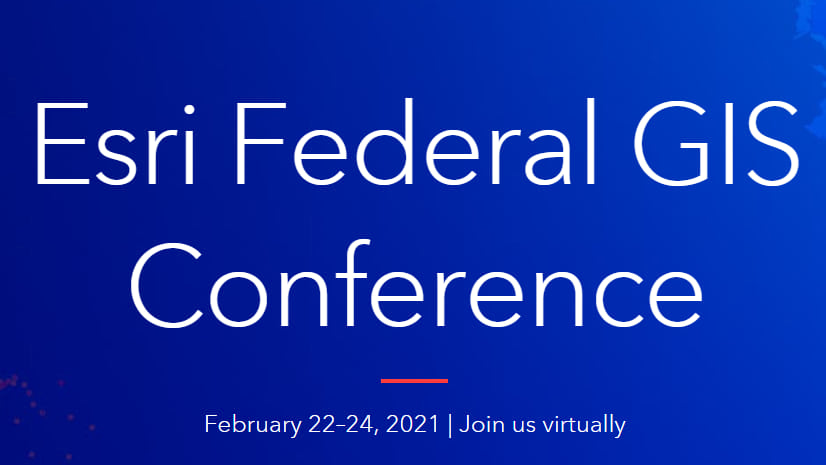
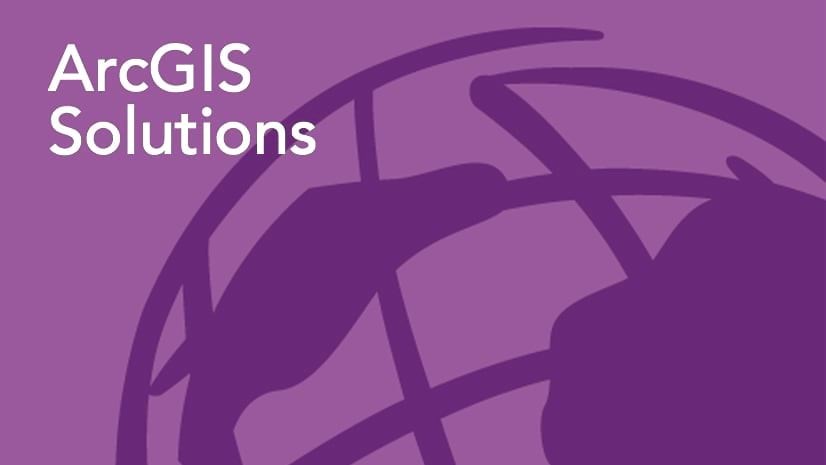

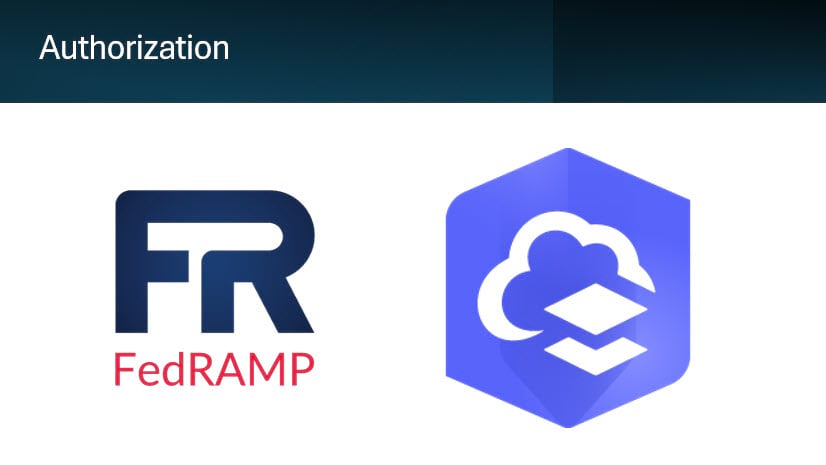
Article Discussion: